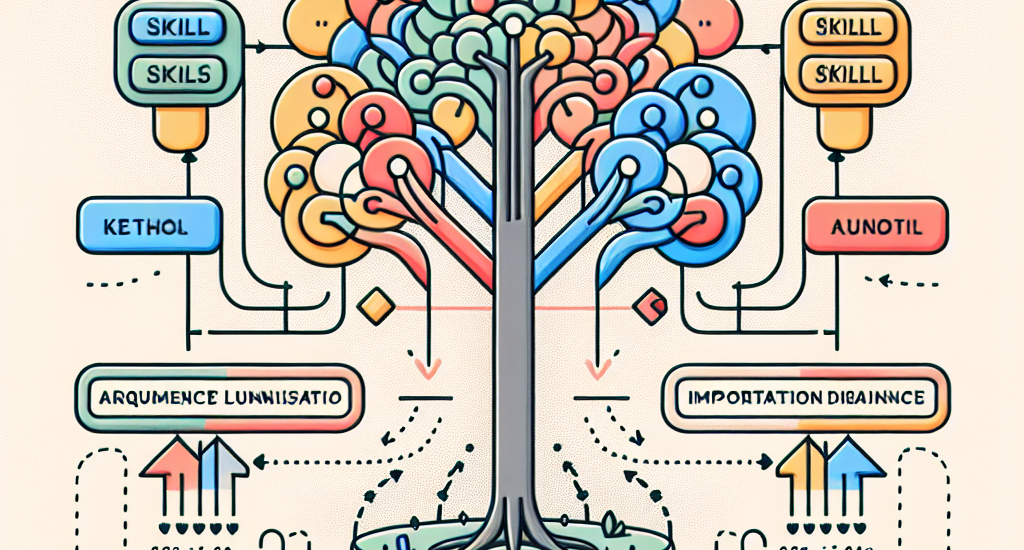Authors: Yujie Feng, Xu Chu, Yongxin Xu, Zexin Lu, Bo Liu, Philip S. Yu, Xiao-Ming Wu
Abstract: Language model continual learning (CL) has recently garnered significant
interest due to its potential to adapt large language models (LLMs) to dynamic
real-world environments without re-training. A key challenge in this field is
catastrophic forgetting, where models lose previously acquired knowledge when
learning new tasks. Existing methods commonly employ multiple
parameter-efficient fine-tuning (PEFT) blocks to acquire task-specific
knowledge for each task, but these approaches lack efficiency and overlook the
potential for knowledge transfer through task interaction. In this paper, we
present a novel CL framework for language models called Task Skill Localization
and Consolidation (TaSL), which enhances knowledge transfer without relying on
memory replay. TaSL first divides the model into `skill units’ based on
parameter dependencies, enabling more granular control. It then employs a novel
group-wise skill localization technique to identify the importance distribution
of skill units for a new task. By comparing this importance distribution with
those from previous tasks, we implement a fine-grained skill consolidation
strategy that retains task-specific knowledge, thereby preventing forgetting,
and updates task-shared knowledge, which facilitates bi-directional knowledge
transfer. As a result, TaSL achieves a superior balance between retaining
previous knowledge and excelling in new tasks. TaSL also shows strong
generalizability, suitable for general models and customizable for PEFT methods
like LoRA. Additionally, it demonstrates notable extensibility, allowing
integration with memory replay to further enhance performance. Extensive
experiments on two CL benchmarks, with varying model sizes (from 220M to 7B),
demonstrate the effectiveness of TaSL and its variants across different
settings.
Source: http://arxiv.org/abs/2408.05200v1





